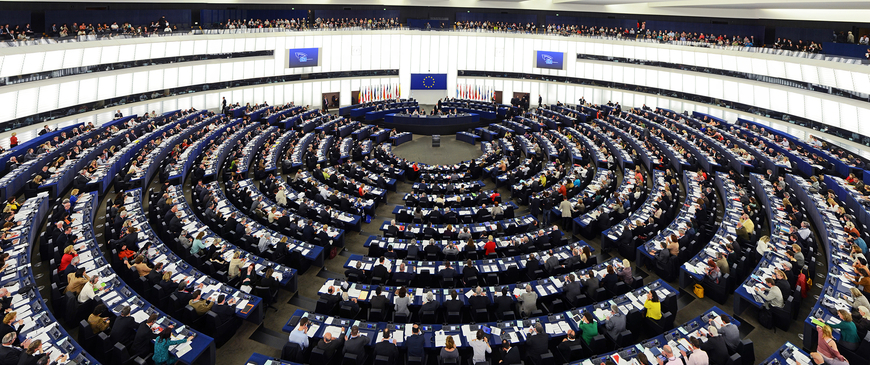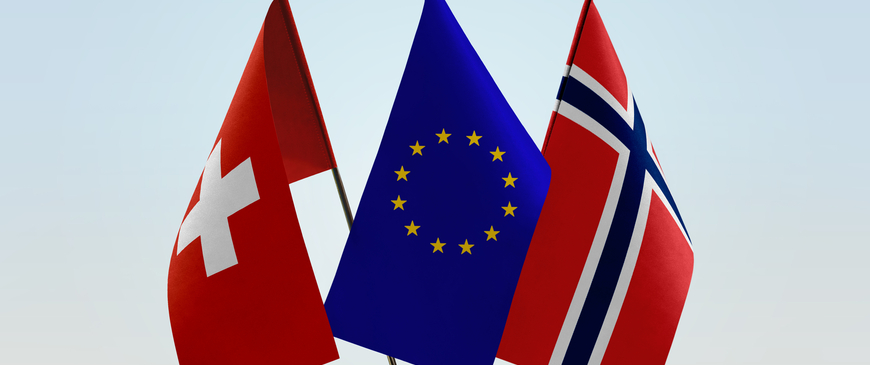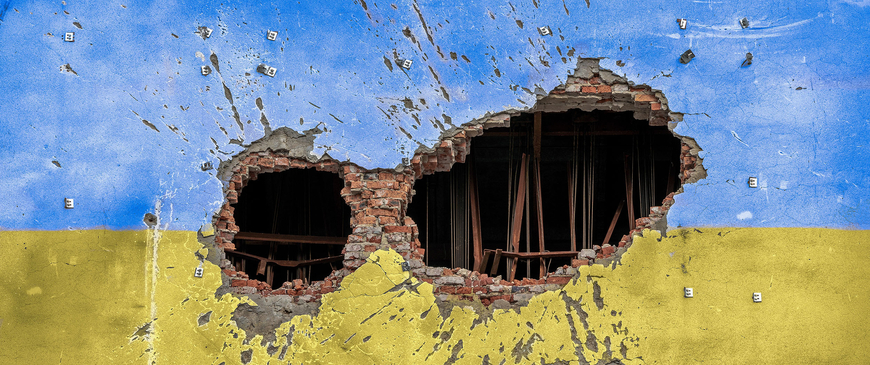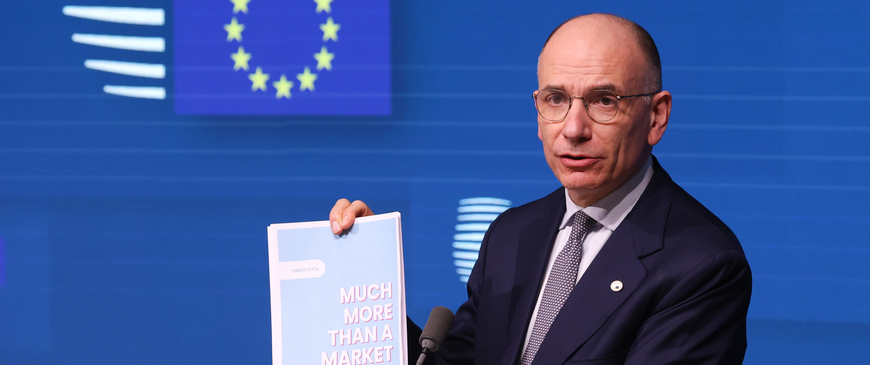Research
Annual report - 2008
The year 2008 was one of rapid change and uncertainty, which may come to be seen as a bigger turning point in the history of Europe than 1968 or 1989. The Irish voted No to the Lisbon treaty, Russia conquered parts of Georgia, some of Europe’s biggest banks went bust, the state increased its role in many economies, and Europe prepared for its worst recession since the 1930s.
Annual report - 2007
The signing of the Treaty of Lisbon in December 2007 may well prove to have been an important step in the history of the European Union. Not because the treaty will lead to big changes in the way the EU works – it will not, though it does promise to make the institutions more effective. But the agreement on the new text – assuming that all 27 members ratify it in 2008 – should allow the EU to leave behind six years of dull and sometimes acrimonious debates on treaties, institutions and constitutions.
Annual report - 2006
At the start of 2007 it was easy to be gloomy about the state of the European Union. Its governments cannot agree on the institutional changes that are needed to make the EU run better. The core euroland economies are stifled by a lack of structural reform. Externally, the member-states differ on how to deal with their large and worrisome neighbour, Russia. The Union’s underlying philosophy of openness and integration, and of co-operating and pooling sovereignty to solve common problems, has few eloquent proponents among European leaders.
Annual report - 2005
The European Union had a difficult year in 2005. Bitter arguments over the EU budget, the Common Agricultural Policy and the Doha round of trade talks fuelled an often poisonous atmosphere among EU leaders. More fundamentally, the poor performance of the core Euroland economies worsened many of Europe’s problems. Low economic growth and high unemployment make many people fearful of change, whether it comes in the form of new EU treaties, fresh rounds of enlargement or world trade liberalisation.
Annual report - 2004
The CER has always championed an outward-looking EU that is aware of its global responsibilities. In several ways the EU is evolving in the right direction: it has enlarged eastwards and still plans to take in more countries; it has started to develop its own security strategy and (albeit modest) military capabilities; and it has established a carbon emissions trading system that offers the rest of the world a model for tackling global warming.
Annual report - 2003
The past year has been one of the best ever for the CER. Whether success is measured by the impact of our publications, our visibility in the British and global media, or the number of opinion pieces that we write for the international press, we have had a fine year. A CER team won the Foreign Policy Association/Richard C Welden Foundation essay competition, for a piece on transatlantic relations. Colin Powell awarded the prize to the CER’s Steven Everts at the FPA’s annual dinner in New York in May.
Annual report - 2002
The year 2002 was the most successful yet in the CER’s short history. Many of our seminars were talked about long after the event – including the launch of our pamphlet on competition policy with Commissioner Mario Monti; a round-table on transatlantic relations with Commissioner Pascal Lamy; a lunch with Commissioner Chris Patten on the same subject; and two meetings to launch New Designs for Europe – one with Polish Prime Minister Leszek Miller in London, and one with former Italian Prime Minister Giuliano Amato in Brussels.





